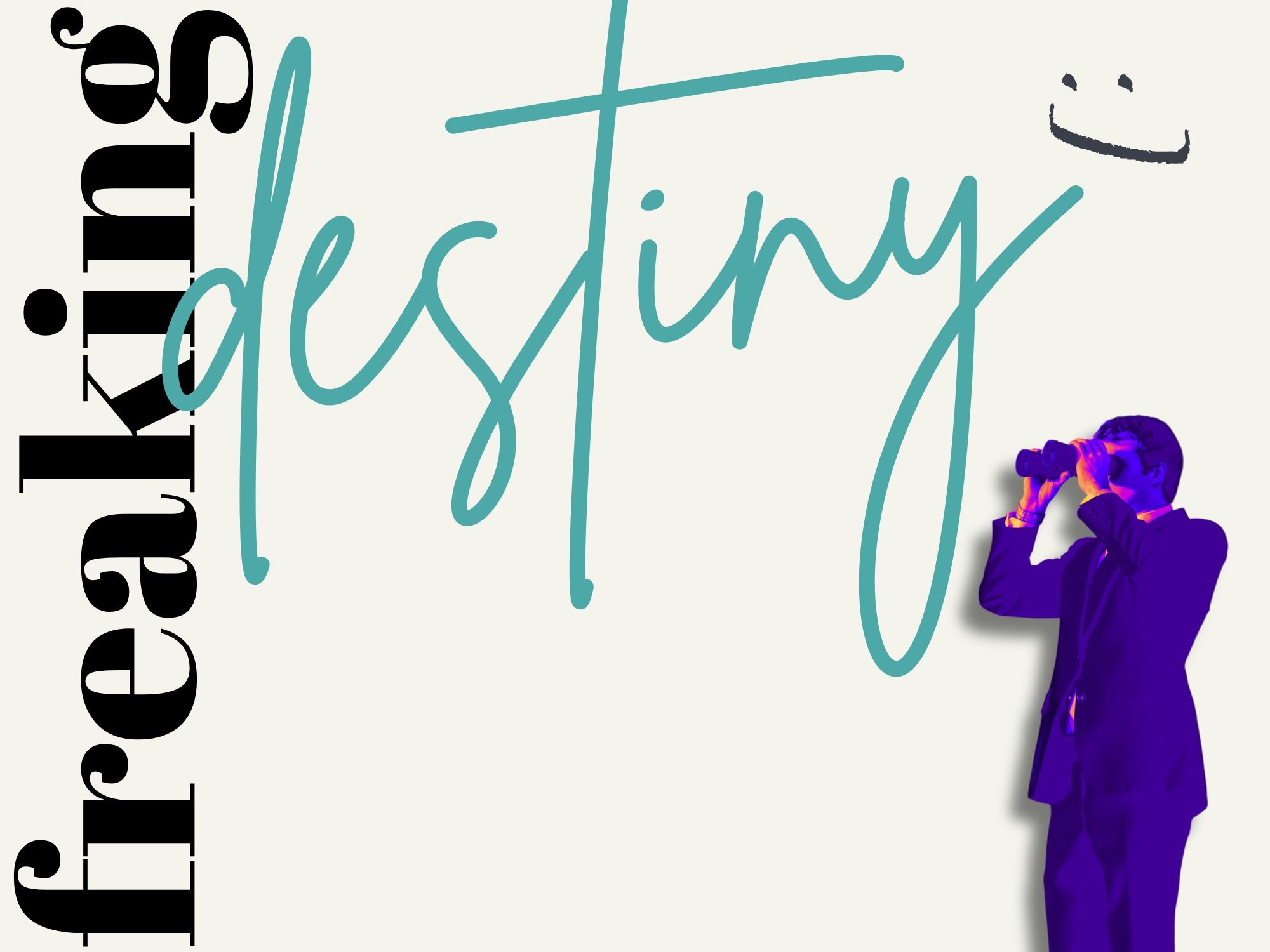Change Is Uncomfortable (so I fell in love with it)
Security feels good and change is uncomfortable. But that’s no way to live — change begets growth and all the greatest things in life evolve. Your most epic ideas and dreams live on the other side of momentum and moving out of a state of stillness.
Change is inevitable.
We live in a dynamic universe, where the only constant is change. From the trillions of cells replicating in your body to the cosmos, everything is constantly in flux.
We can participate consciously or watch passively. Either way, change is happening.
So this is my guide on how to embrace change. Because this is life.
We’re built to get some dirt on our face and write epic stories about the scrapes and close shaves we got along the way. Change can suck sometimes, but that’s only temporary. Stagnancy, on the other hand, is slow and poisonous.
So let’s do this.
Table of Contents Show
Why Change is Uncomfortable
Change pushes you outside of what’s familiar, known and expected. It’s a loss of control and you’re swimming in the unknown.
This can feel uncomfortable.
There’s an evolutionary component to this too. We’re dealing with hundreds of thousands of years of environmental conditioning and programming here.
Our brains are literally wired to recognize patterns, so we tend to notice them, seek them out and crave them. This pattern recognition allows us to better predict outcomes and control our environment.
In the past, this meant better chances for survival (by recognizing threats, for example). But in modern life, it just means stress.
Change creates a pattern interrupt and can produce a stress response where we either fight, flight or freeze. So why is change uncomfortable?
Because predictability, security and the comfort of the known are seductive beasts.
Explore more:
➤ How to Embrace the Unknown
The Benefits of Embracing Change
Be more flexible and resilient in life
Learn and adapt quicker — become more competitive in your career
Stress less about trends, changes and life
Welcome new perspectives and strategies quicker
Have a better sense of control
Decrease your attachment to things and ways
Be more willing to learn
How to Embrace Change (6 tips)
1. Travel More
One of the best ways to embrace change (and grow as a human) is to travel.
It’s an amazing adventure that teaches you about culture, language, people and yourself. It’s always worth it.
When you explore new cultures and countries, you’re forced to adapt, be flexible and not judge. Your patience grows stronger and you accept new ways and information more holistically.
From flight delays to language barriers, things don’t always go as planned while abroad, so you need to be willing to change and react quickly. It’s a life skill and it’s amazing.
Travel is the ultimate crash course in learning how to embrace change.
Explore more:
➤ How to Travel More
2. Challenge Fixed Beliefs
Mindset matters. And a fixed mindset is one that doesn’t recognize or accept change (that’s an issue).
So I like to practice growth mindset thinking by challenging my fixed beliefs, exploring new perspectives and holding back judgments. I stay curious and hungry for new insights and angles. And I believe that anyone can learn or become better at anything at any age.
This is a growth mindset — while you may have some natural proclivities towards certain things, nothing is fixed. Anything can (and does) change.
Here are some ways I like to cultivate growth thinking:
Identify your current beliefs and perspectives
Challenge fixed beliefs using evidence and convincing proof
Focus on small steps forward
Embody your ideal future life
Meet more people with a growth mindset
Enjoy the process — change is not a place, but a state of being
3. Stack the Cards
A lot of our behaviors, motivations and beliefs come from the people, content and things in our life.
This isn’t groundbreaking information.
So the idea here is to identify the things in your life that aren’t supporting change and growth and then work on fixing them.
For me, I focus on three areas:
My inner circle
Do your people support you?
My outer circle
Does the content you consume motivate you to change?
My environment
Do your spaces support change and growth and all that good sh*t?
4. Stop Waiting
“No one is more anxious than the ambitious person who creates nothing.”
A lack of change can create anxiety.
So I say, stop sitting on the sidelines or waiting for the ‘perfect moment’ to strike. Take action on your dreams, visions, passions and ideas.
This is the advice we all know and give, but tend to not actually follow. At least, that was my problem for a while.
I waited, over-planned and never took (enough) consistent action. I had a fear of failure, creative laziness and imposter syndrome.
I had a fear of change — a change in how people see me, the number in my bank account going down, the level of comfort in my life, etcetera.
But testing, failing, trying and slowly getting better, iteration after iteration, is the best way to fully embody change.
To take action on your dreams is to live and breathe a change forward.
Explore more:
➤ Live Life With No Regrets
5. Control (if you can)
If something in your life is changing, ask yourself one simple question: is this something I can control?
If you can do something about, find a solution and work towards it (the hard part).
If it’s outside of your control, let it go — forget it and move on (also the hard part).
For me, learning to embrace change is all about recalibrating and refinding a sense of control for the new normal. So I ask myself that simple question.
Can I do something about this change?
If I can, I work towards befriending the new context and moving forward with it (not running from it).
6. Avoid Attachment
“Let go or be dragged.”
Expectations and rigidity for how you think things should be (or should unfold) makes embracing change extra hard.
The remedy? Avoid too much attachment.
I’m not perfect, but simply staying conscious of over-attachment works pretty well for me. Slowly, I get better and better at it.
So here are some ways I like to embrace change by limiting attachment:
Look inward for happiness and fulfillment
Buy and keep things based on your personal values
Avoid grudges or reliving past negative experiences (i.e., let go or be dragged)
Later ✌️
Change is uncomfortable (but necessary and inevitable). So I like to practice embracing it.
My favorite moves are practicing a growth mindset, traveling more, avoiding attachment and taking action on my dreams. Because change is going to happen regardless of what we do, say or believe.
So I say, you may as well participate in the process, control what you can and stack the deck in your favor.
Want More? Nice. Here’s More.




